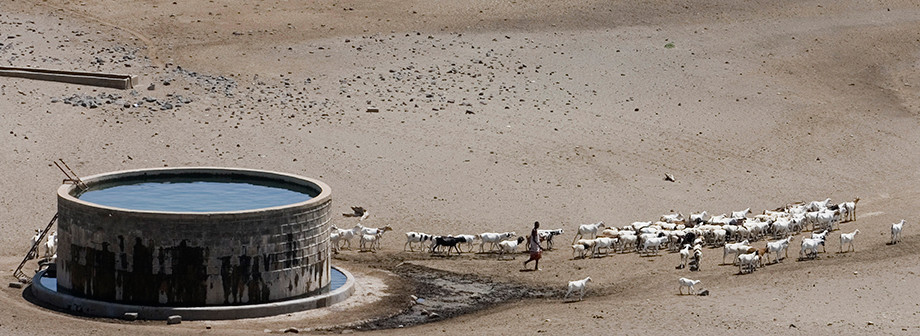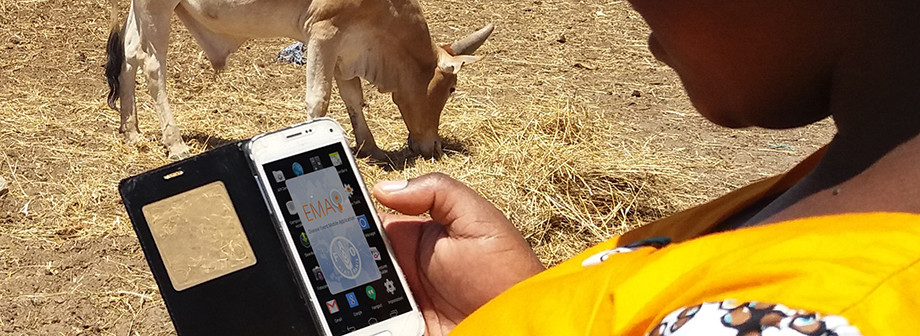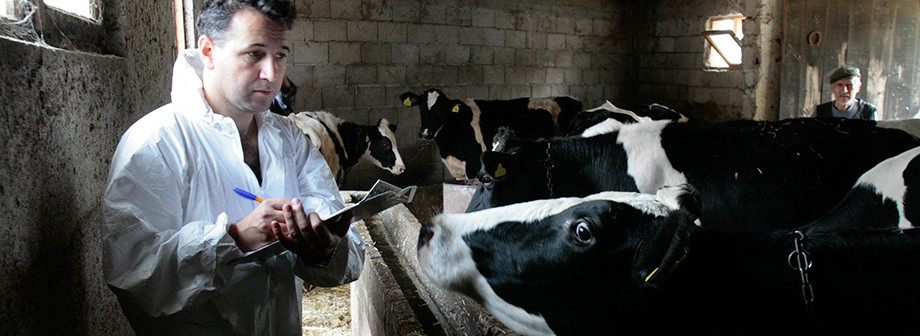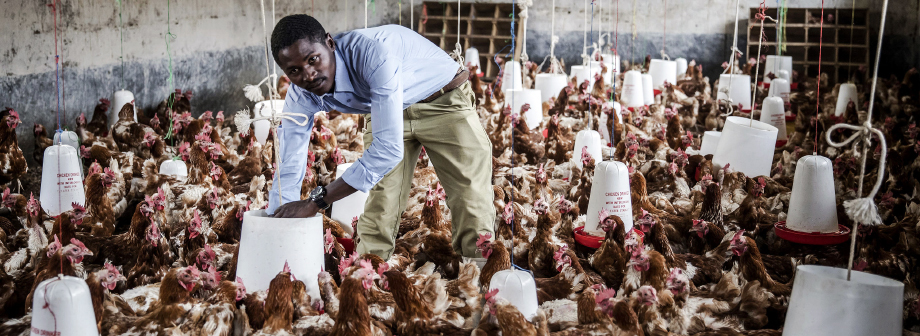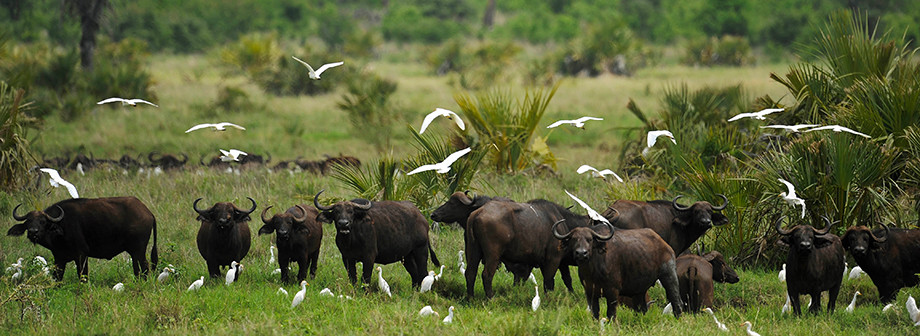FAO's role in animal health
The link between human and animal populations, and the surrounding environment, is particularly close in developing regions where animals provide transportation, draught power, fuel, clothing, high-quality proteins (meat, eggs and milk) and source of income. Therefore, animal health is a core element for sustainable development and livestock production.
As changes in livestock production increase the potential for new pathogens to emerge, grow and spread from animals to humans, healthy animals are closely related to healthy people and a healthy environment. Through the One Health approach, FAO contributes to improving animal health to make livestock production more productive and sustainable while achieving optimal health for all at the human-animal-environment interface.
Areas of work
Highlights

news
Call for members: Expert Advisory Group to support the development of the strategic framework for early warning of animal health threats
FAO is seeking engagement to create an Expert Advisory Group to inform the development of the Strategic Framework for Early Warning of Animal Health Threats.

publications
Veterinary paraprofessional competency framework toolkit
This toolkit provides guidance, and details the step-by-step process for developing a country-specific animal health Veterinary Paraprofessional (VPP) competency framework.

news
Supporting the development of stronger animal health systems: FAO’s achievements in 2023
Over the course of 2023, FAO ECTAD significantly expanded its reach, growing from 37 countries at the start of 2022 to 49 Member Nations by the end of 2023.
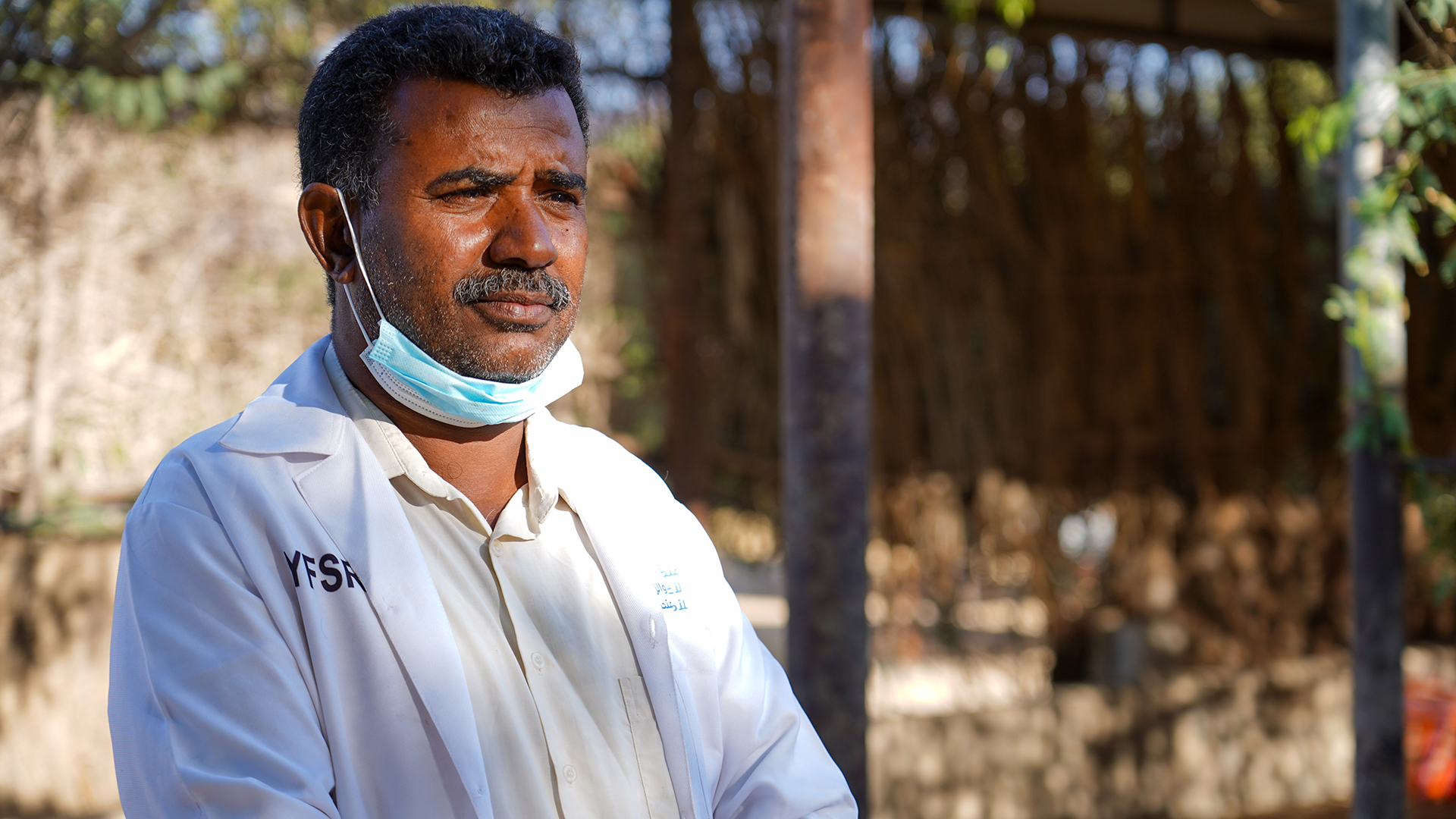
stories
Fighting animal diseases in Yemen
Tariq Al-Haidari is one of 200 community animal health workers trained by the Food and Agriculture Organization of the United Nations through a project funded by the World Bank.
.jpg?sfvrsn=521f73fe_11)
programmes
Programme Against African Trypanosomosis (PAAT)
African trypanosomosis is a lethal parasitic disease caused by single-celled organisms transmitted by blood-sucking tsetse flies. The disease affects both humans (sleeping sickness) and livestock (nagana).
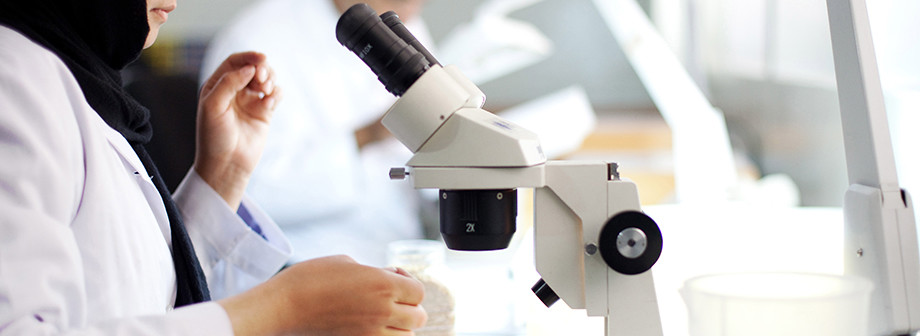
In focus
FAO Reference Centres
The FAO Reference Centres for animal health are institutions designated by the Director-General to provide specific and technical device and services to FAO Member Countries on issues related to FAO’s mandate.
Events
19/ 4
2024
How to protect wildlife from avian flu in UNESCO World Heritage sites, Biosphere Reserves and Ramsar sites
Virtual Event, 19/04/2024
The UNESCO World Heritage Centre, the UNESCO Man and the Biosphere Programme, the Secretariat of the Convention on Migratory Species (CMS) and its Scientific Working Group on Avian Influenza and Wild Birds, convened jointly by FAO and the Secretariat of the Ramsar Convention on Wetlands of International Importance...
16/ 4
2024
18/4
2024
Global consultation on integration of data and information for epidemic intelligence and decision-support in disease surveillance
Hybrid Event, 16/04/2024 - 18/04/2024
The upcoming consultation aims to develop a roadmap for integrating databases, information systems, and risk forecasting tools into EMPRES-i+, all while prioritizing the user perspective. Participants will engage in in-depth discussions to identify needs and opportunities for fostering integration and contributing to a more robust and collaborative approach for epidemic intelligence and disease...
Videos
How climate change affects animal health
10/07/2023
Livestock play a vital role in our diets, providing 33% of high-quality protein and 17% of our dietary calories globally. However, climate change is...
Working together to eradicate Peste des Petits Ruminants
10/01/2020
This video explains what Peste des Petits Ruminants is, how it affects sheep and goats, its potential impact on farmers’ livelihoods and incomes, and...
Global disease intelligence and tracking through FAO EMPRES-i+
10/01/2022
EMPRES-i+ is FAO’s new global animal disease information system that aims to improve intelligence, forecasting and early warning, enabling countries...

